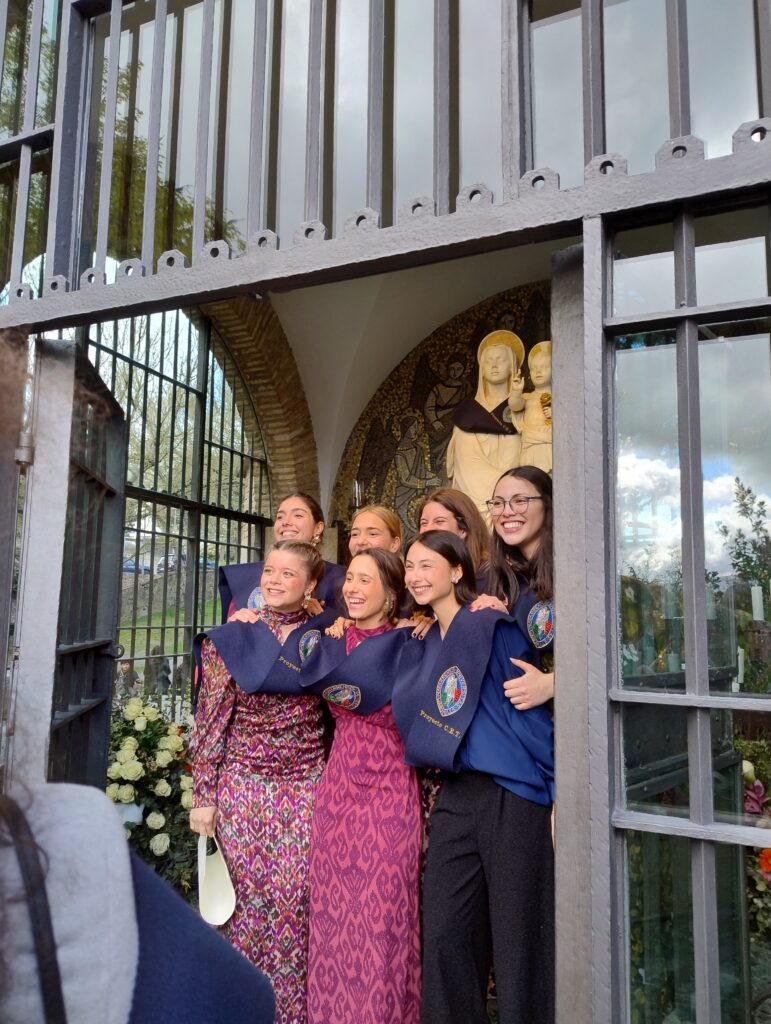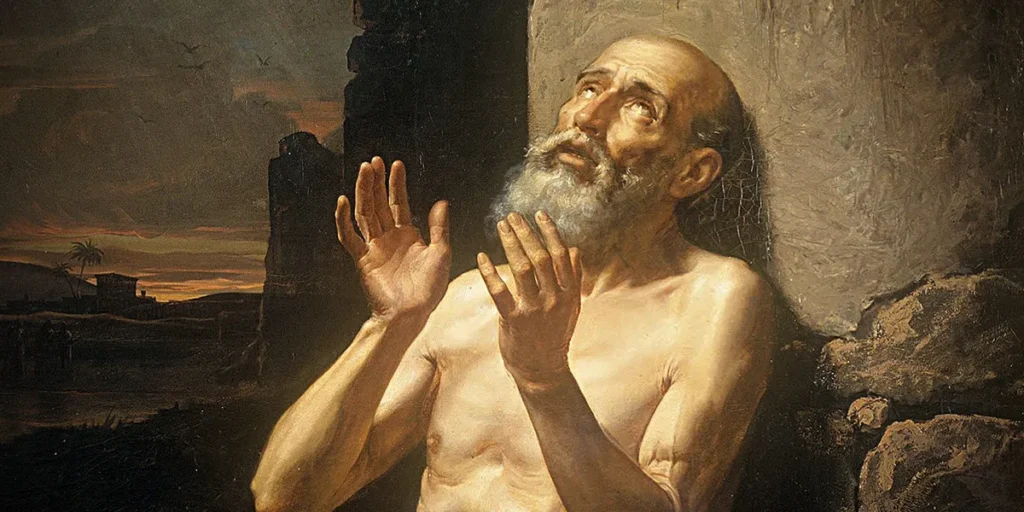Cardinal Arizmendi: The migratory drama
The human face of migration: challenges and opportunities in the search for a dignified life

Cardinal Felipe Arizmendi, bishop emeritus of San Cristóbal de Las Casas and head of the Doctrine of Faith at the Mexican Episcopal Conference (CEM), offers readers of Exaudi his weekly article.
***
LOOK
In the electoral process currently taking place in the United States, the migration issue is very important in the campaigns. Donald Trump promises to expel thousands of migrants and close the border with Mexico because he considers them damage to the economy and to social tranquility; he judges them to be the worst. Since there is still a lot of racism there (just like here), he has many followers. The saddest thing is that many Mexicans there, migrants too, support him, perhaps only noticing that he does not favor abortion, without realizing that he despises the lives of migrants and supports the manufacture and sale of lethal weapons. Kamala Harris is more moderate on this point, as she would like to combine the protection of her country and a more benign treatment of migrants, but she is decidedly pro-abortion, and this is one of her electoral banners, supported by many who are in favor of destroying innocent lives in the mother’s womb. Her positions are marked by the interest in obtaining more votes, as if it were the most important thing, more than human lives.
Migration has always existed, but today it has dramatic accents. It is a global phenomenon. Europe is invaded by thousands of people fleeing poverty, violence and war in their countries. Large numbers pass through Mexico trying to reach the United States, for the same reasons. Many have already settled among us; that is why we see migrants everywhere, where there were none before. From our own country, for years, millions of compatriots have immigrated to the North. Recently, the flight of hundreds of Chiapas residents to Guatemala to escape from the cartels and armed Mexican groups that have taken away their peace and their few assets, unprotected by our civil authorities, has been very painful and worrying.
In my town and region, although there are jobs with adequate salaries, especially in the agricultural sector, many continue to emigrate. Some go to Canada, with all their documents in order and with well-defined work contracts, with their rights assured. This model of temporary workers is a very good measure, which I hope will be increased much more, to avoid illegal migration. But some still risk leaving without the necessary permits, trusting coyotes who offer to take them to their destination for large amounts of dollars. This has been aggravated because the armed extortionists, who dominate these places, charge them two thousand dollars so as not to cause harm to them or their families; and if they leave with a coyote not authorized by them, the cost is three thousand dollars. And there is no one to defend them!
DISCERN
The Dicastery for the Doctrine of the Faith, in its Declaration on Human Dignity, says:
“Migrants are among the first victims of the many forms of poverty. It is not only that their dignity is denied in their countries, but their very lives are put at risk because they do not have the means to create a family, to work or to feed themselves. Once they arrive in countries that should be able to receive them, they are not considered sufficiently worthy to participate in social life like everyone else, and it is forgotten that they have the same intrinsic dignity as any other person. It will never be said that they are not human; but, in practice, by the decisions and the way they are treated, it is expressed that they are considered less valuable, less important, less human. It is therefore always urgent to remember that every migrant is a human person who, as such, possesses fundamental, inalienable rights that must be respected by everyone and in every situation. Its acceptance is an important and significant way of defending the inalienable dignity of every human person beyond his or her origin, color or religion” (40).
The Mexican bishops, in the Global Pastoral Project 2031+2033, expressed:
“One of the characteristics of man, from the very beginning, has been his mobility. The desire to know, to travel and to discover new things and places has led him to a continuous movement. The advance of technology and the construction of modern machinery have facilitated the movement of many people to remote and unknown places. On the other hand, here too, we find one of the tragedies of our time and of this globalizing phenomenon: the forced migration of millions of human beings that has forced many brothers to leave their people and their culture, which leads to poverty, violence, lack of opportunities, racial, political and religious rejection, family disintegration, human trafficking, the need for refuge, the formation of new families, loneliness, uprooting and a legal vulnerability due to their situation as undocumented immigrants” (38).
Jesus, “as a newborn, lived, together with his family, the experience of the refugee migrant. The life of a refugee presents us with the harsh experience of someone who has to flee because of the hatred of others, but also the face of responsible fatherhood in the person of St. Joseph, who takes his family with him to give them protection, attention and care. The family of Nazareth is a sign of strength for all families who suffer by leaving their place of origin for reasons of safety or in search of better living conditions” (114).
Pope Francis, during his recent visit to Belgium, said: “Today is the World Day of Migrants and Refugees with the motto ‘God walks with his people’. From this country, Belgium, which has been and continues to be today the destination of so many migrants, I renew to Europe and to the international community my call to consider the migration phenomenon as an opportunity to grow together in fraternity and I invite everyone to see in every migrant brother and sister the face of Jesus who has become a guest and pilgrim among us” (29-IX-2024).
ACT
In our pastoral proposals, the Mexican bishops suggest: “To welcome with charity, accompany, defend the rights of and integrate migrant brothers and sisters who pass through or wish to remain with us” (PGP 176 f). This fraternal attitude is the basis for a more Christian attitude towards migrants, although we must continue to seek ways to eliminate the causes of forced emigration in our countries.
 (EN)
(EN)
 (ES)
(ES)
 (IT)
(IT)





